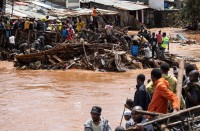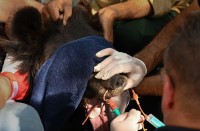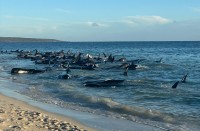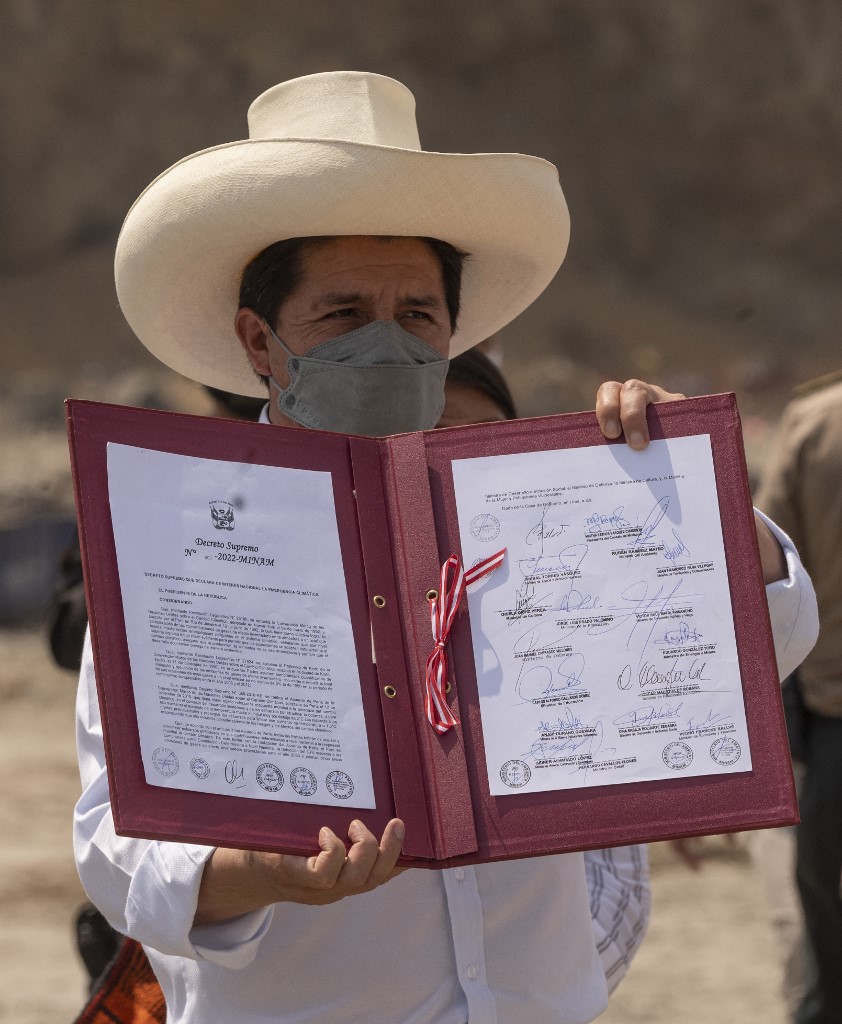
by Ernesto TOVAR
Agence France-Presse
LIMA, Peru (AFP) – Peru declared an environmental emergency Saturday to battle an oil spill caused by freak waves from a volcanic eruption in the South Pacific.
The stunningly powerful eruption last Saturday of an undersea volcano near Tonga unleashed tsunami waves around the Pacific and as far away as the United States.
In Peru, the oil spill near Lima has fouled beaches, killed birds and harmed the fishing and tourism industries.
With its 90-day decree, the government said it plans “sustainable management” of 21 beaches tarred by 6,000 barrels of oil that spilled from a tanker ship unloading at a refinery last Saturday.
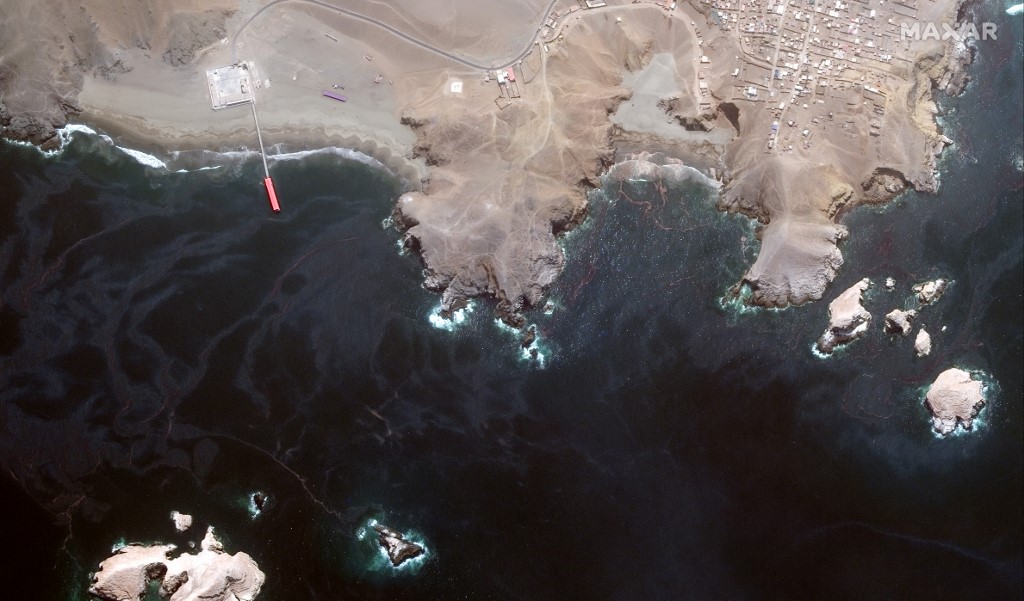
One aim of the decree is to better organize the various agencies and teams working in the aftermath of the disaster, said the environment ministry.
Foreign Trade and Tourism Minister Roberto Sanchez estimated Saturday that economic losses total more than $50 million, all sectors combined.
The government is demanding payment of damages from the Spanish energy giant Repsol which owns the refinery.
The environment ministry said 174 hectares — equivalent to 270 football fields — of sea, beaches and natural reserves were affected by the spill.
Crews have been working for days to clean up the spill.
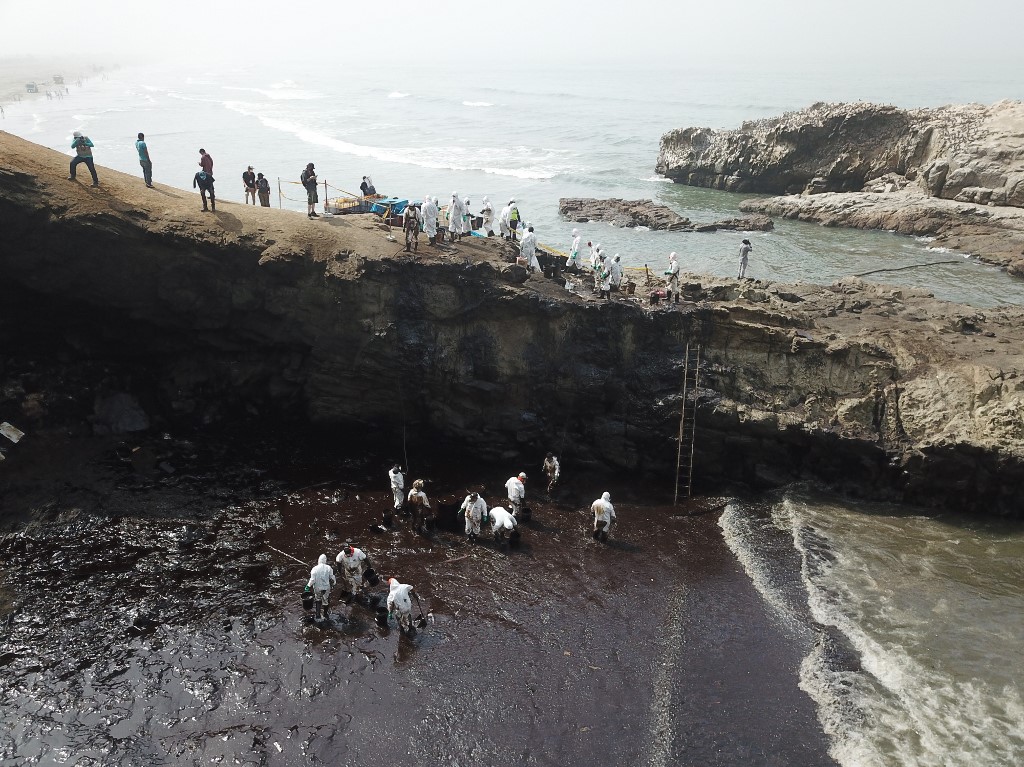
But the ministry said it issued the emergency decree because the crude still in the water was still spreading, reaching 40 kilometers (25 miles) from the spot of the original spill.
The environment ministry said “the spill amounts to a sudden event of significant impact on the coastal marine ecosystem, which has major biological diversity.”
It said that over the short term, Repsol is responsible for emergency cleanup operations.
The refinery is in the town of Ventanilla near Lima.
‘Mortally wounded’
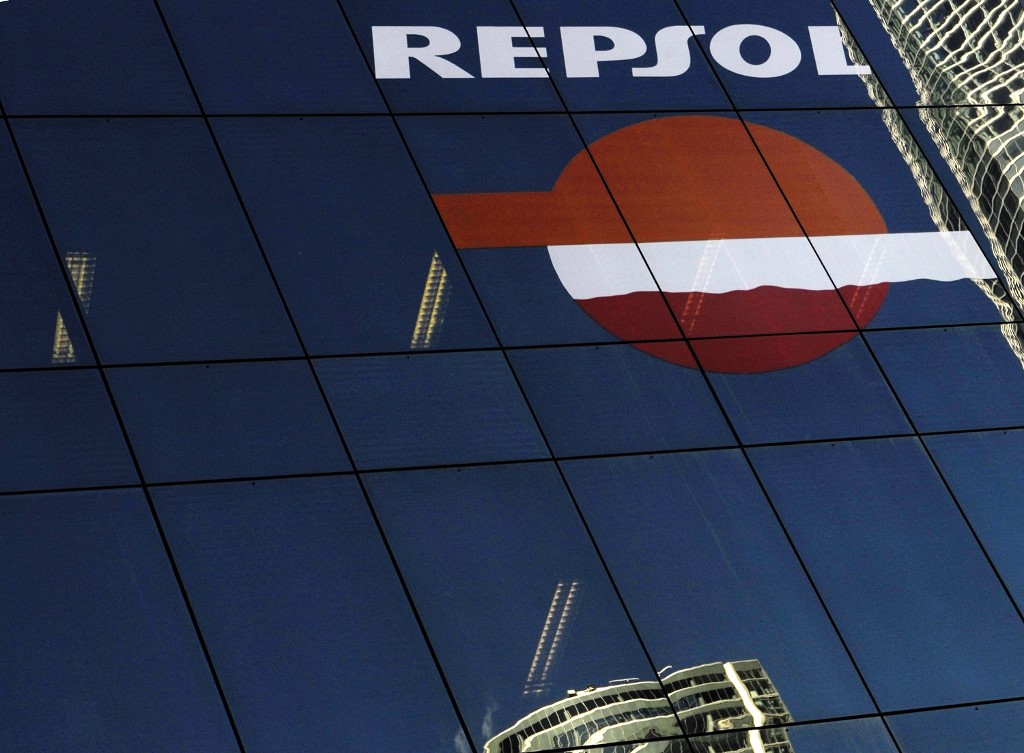
Repsol has said the spill occurred because of the freak waves caused by the eruption.
The company has argued that it is not responsible for the spill, however, because it says the government gave no warning that there might be rough waters from that undersea blast.
On Saturday, Repsol issued a statement outlining the cleanup operation by 1,350 people using big-rig trucks, skimmers, floating containment barriers and other equipment.
Repsol said it is “deploying all efforts to attend to the remediation of the spill.”
In addition to the fishing industry, Peru’s tourism sector has taken a major blow, including everything from restaurants, to beach umbrella rentals to food and beverage sales by vendors.
“In a normal season, between January and March (during Peru’s summer) five million people visit the affected beaches. The economic loss is immense,” Sanchez said, adding that thousands of jobs had been affected and the tourism sector “mortally wounded.”
On the pier in the town of Ancon north of Lima, only the crew members of larger vessels that fish on the high seas continued to work, while the fish stalls were empty, because there are no longer any customers.
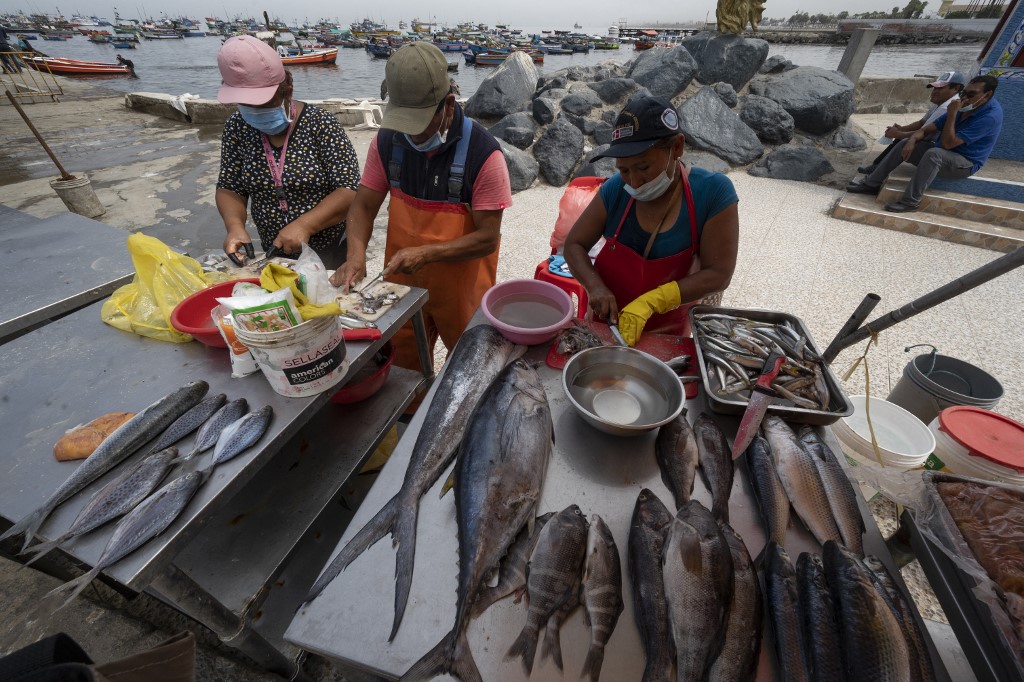
“The fish more than anything comes out with the smell of oil, and people don’t buy it, they don’t eat it because they are afraid of getting poisoned by it, by the oil spill,” said Giovana Rugel, 52, who sells fish at the entrance to the Ancon pier.
Last week, fishermen and other local people who live off the sea and tourism staged protests over the sudden loss of their livelihood.
© Agence France-Presse

